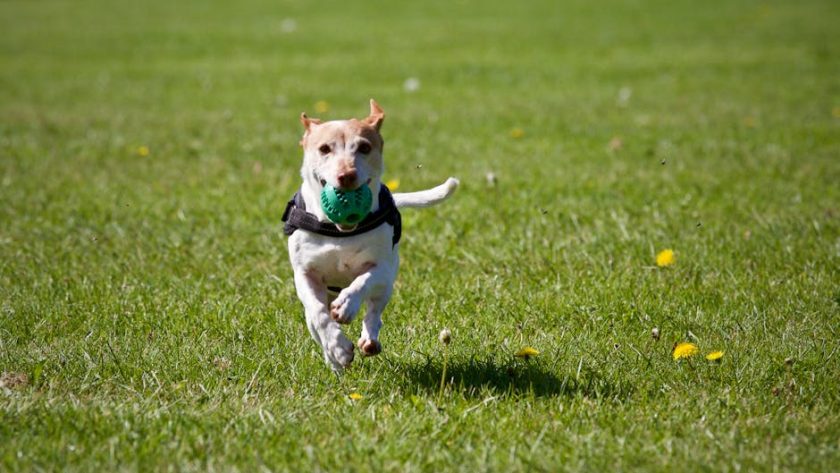Dog training is an essential aspect of responsible pet ownership. It not only provides your furry friend with the physical and mental stimulation they need to thrive, but it also strengthens the bond between you and your canine companion. If you're looking to train your dog effectively, here's a comprehensive guide to help you get started.
**1. Establish Clear Expectations**
Before you begin training, it's crucial to set clear expectations for both you and your dog. Define the specific behaviors you want to teach, such as sitting, staying, coming when called, and potty training. Consistency is key, so ensure everyone in the household follows the same commands and expectations.
**2. Start with Basic Commands**
Begin with basic commands like "sit," "stay," "come," and "down." These commands form the foundation for more advanced training and establish a common language between you and your dog. Use positive reinforcement, such as treats or praise, to reward your dog for performing the desired behavior.
**3. Socialize Your Dog**
Socialization is essential for a well-rounded and well-behaved dog. Introduce your dog to different people, places, and animals in a controlled and positive manner. This helps them develop confidence and prevents fear or aggression in unfamiliar situations.
**4. Use Positive Reinforcement**
Positive reinforcement is the most effective way to train dogs. Reward your dog immediately after they perform the desired behavior. This could be through treats, praise, or playtime. Avoid using punishment, as it can damage the bond between you and your dog and make them less likely to want to cooperate.
**5. Be Consistent and Patient**
Consistency and patience are crucial in dog training. Repeat commands regularly and reward your dog for every correct response. Remember that training takes time and effort, so don't get discouraged if your dog doesn't master a command immediately.
**6. Enroll in Dog Training Classes**
If you're struggling to train your dog on your own, consider enrolling in dog training classes. A professional trainer can provide expert guidance and support, helping you develop effective training methods and address any specific behavioral issues.
**7. Use a Clicker**
Clicker training is a highly effective method that involves using a clicker to mark the exact moment your dog performs the desired behavior. The clicker acts as a bridge between the behavior and the reward, allowing you to pinpoint and reinforce the exact action you want.
**8. Address Behavioral Problems**
If your dog exhibits behavioral problems such as aggression, fear, or separation anxiety, it's important to seek professional help from a qualified veterinarian or animal behaviorist. They can help you determine the underlying cause of the behavior and develop a comprehensive training plan to address it.
By following these tips, you can effectively train your dog and enjoy a fulfilling and harmonious relationship with your furry friend. Remember, patience, consistency, and positive reinforcement are key to successful dog training.

